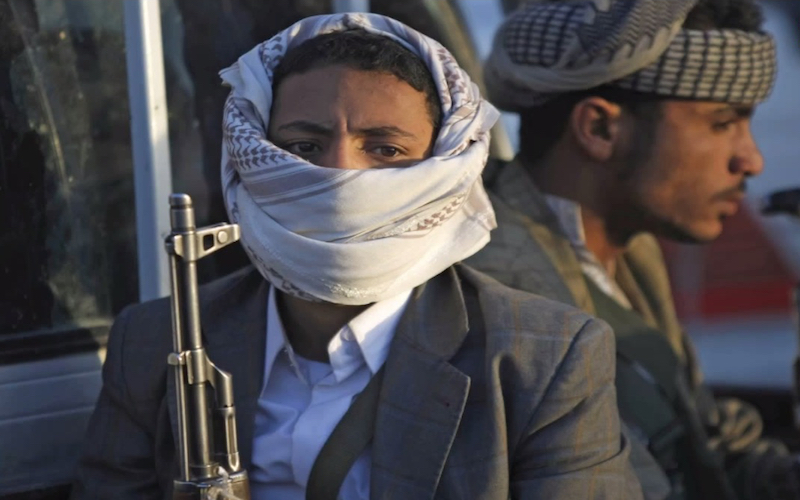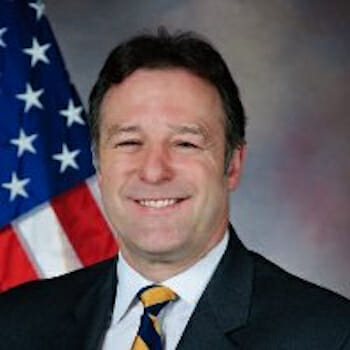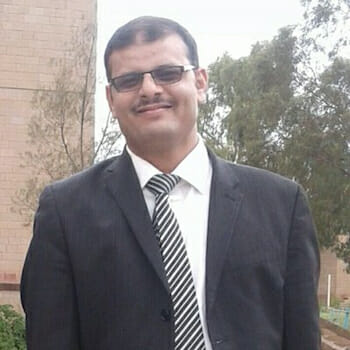
Yemen: A Handful of Dust?
The Houthi militia are an army of revolution. They are intent on change in Yemen and are linked to and some say orchestrated by Iran. As they have tightened their grip on Yemen, particularly the capital, Sana’a, they have occupied a strategic missile base on the high ground surrounding the city and their arms are tightly wrapped around the neck of most of the capital’s media outlets. Most recently they have shelled and then placed themselves strategically outside the private home of President Mansour Hadi threatening force as they occupy the palace grounds, replacing the guards. They have the President’s Chief of Staff – Dr. Ahmed Mubarak – held captive and are surrounding the house of Prime Minister Bahah. They claim that they represent the interests of the people. What future Yemen?
The country is closed, including land, sea and air ingress and egress. Embassies are dusting off their evacuation plans and the United Nations is engaged in finding a solution. The Houthis have captured the capital’s media, its information instrument, and they are using it to send messages to the people, coupled with a military show of strength, to support their diplomatic effort to gain power. They are pressing to speedily enact September’s power-sharing deal. They wish to remove corruption which they claim is rife. Some say their efforts to fight corruption have been selective and others claim that they are merely using the issue of corruption as a way to remove competing political adversaries from the process. For instance, the Houthis have used the corruption card to remove some executive managers who were in key positions.
The Houthis accuse the government and President of enabling the rise of Al-Qaeda on the Arabian Peninsula (AQAP) and even of arming them.
The Houthi strategy of accusation is potent and they have used it against the tribes in the north and also with the Islah Party who have both stood against their expansion in Amran and Sa’adah cities.
The strategy creates uncertainty and doubt and provides conditions for them to seize territory amid the confusion. Some say the Houthis use this same strategy to flirt with the international community. The instability caused is raising the potential for extremism within a large and dissatisfied youth, particularly in Sunni dominated areas like Rada’a. The latest move to lock in the President is intended to prevent him from finalizing the first draft of Yemen’s new constitution. The Houthis want a new and better deal which gives them the upper hand in administrating and deciding country policy.
The chaos that is Yemen of today is a breeding ground for extremists. Yemen is as close to “failed” as you can get. Things change quickly in Yemen and it was only a few months ago that the U.S. declared Yemen a model that could be adapted to Syria and Iraq to combat Da’ish. Yemen has been in a reasonably consistent state of potential collapse since it decided to support Saddam Hussein with his invasion of Kuwait in 1990 which led to Yemen being isolated in the region. Ironically it was AQAP caused instability and the bombing of the USS Cole in the port of Aden in the south in 2000 that led to a serious upturn in American funding to the Arabian Felix, which it then used to strengthen its regime as much as its security forces for which the funding was intended.
Yemen is worth saving. Its history is a deep as it is rich. Arabs trace their history to Yemen, the people are wonderful and the countryside, particularly in the mountains and on the Island of Socotra, simply breathtaking. Yemen spirit is strong and these gentle people are proud of their distinguished heritage. That they have invested so much of their future in an international community that seems on occasion to condemn rather than support them, is their major weakness. If nobody steps up to help, their future will be just a handful of dust. Strategically located, astride the Bad el Mendeb, Yemen in the hinge from the Middle East to the Indian Ocean region. Today Yemen is an ungoverned space, rife with terrorist opportunities and AQAP has used Yemen as a base for attacks against the U.S. on at least three occasions. Not as kinetically damaging as 9/11, the principal is the same and the U.S. ignores the stability of Yemen at its own peril.
If the power vacuum continues others will intervene. The Russians may intervene utilizing their link to the south and fueling the secessionist ideology, or Iran will expand its efforts via the vehicle of Houthism and, of course – behind the wall – Saudi Arabia is watching. The people – who have a historically high (almost alarming) tolerance for suffering – deserve more. The Houthis most certainly have a point and Yemen must change if it wishes to evolve, but the solution rests in politics not violence and the international community must now mentor Yemen’s final steps to ensure its necessary transition.

